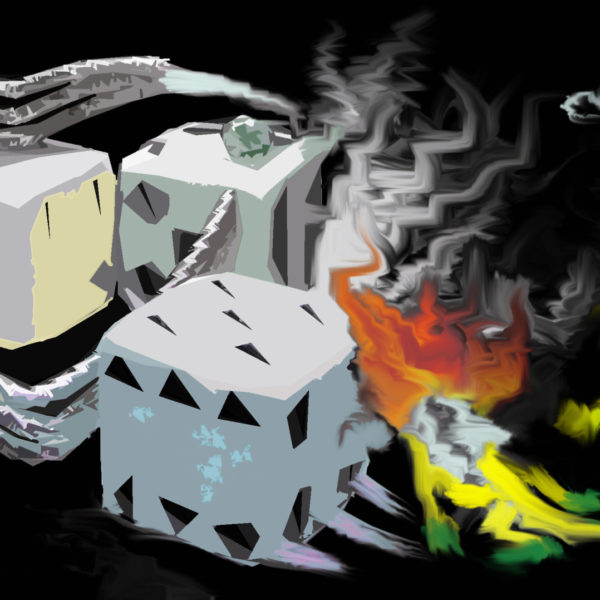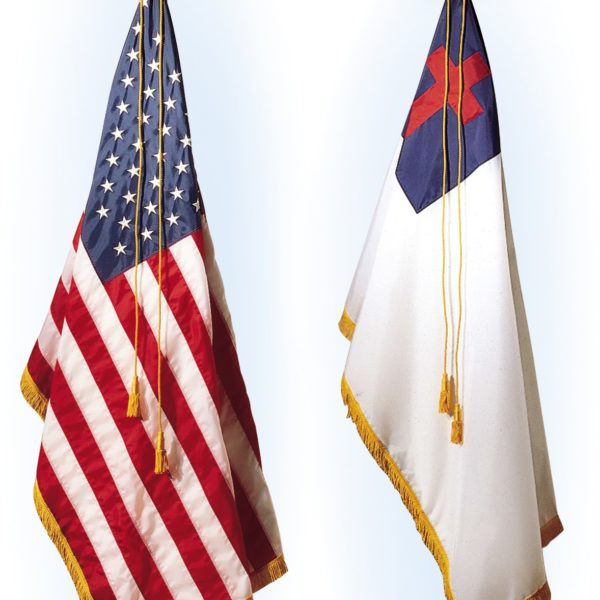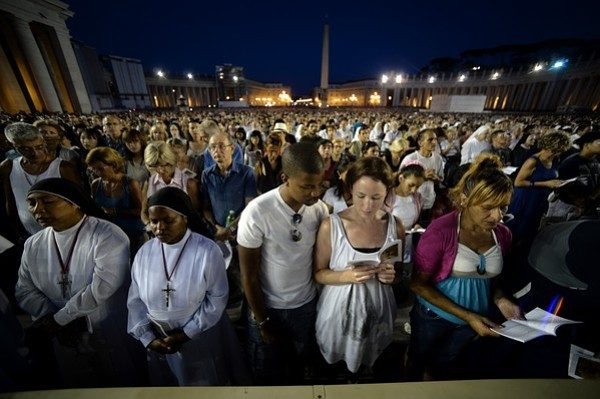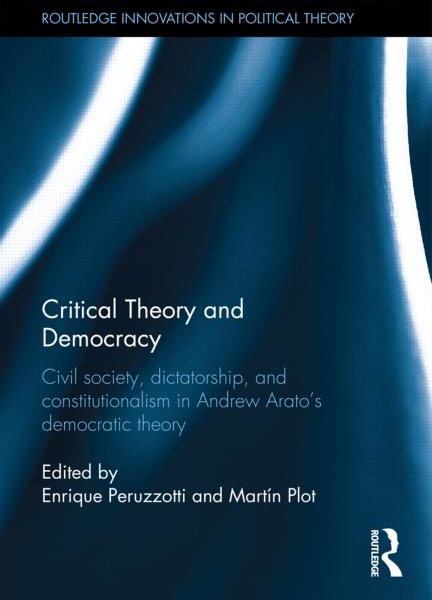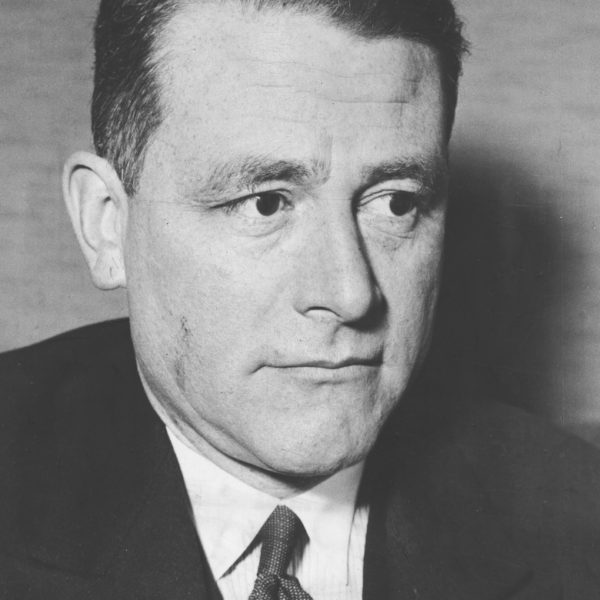
Political Theology Must Follow Agamben’s “Double Paradigm” of Sovereignty. The following is the guest editorial for the current issue of the print journal Political Theology (Volume 19, Issue 1, February 2018).
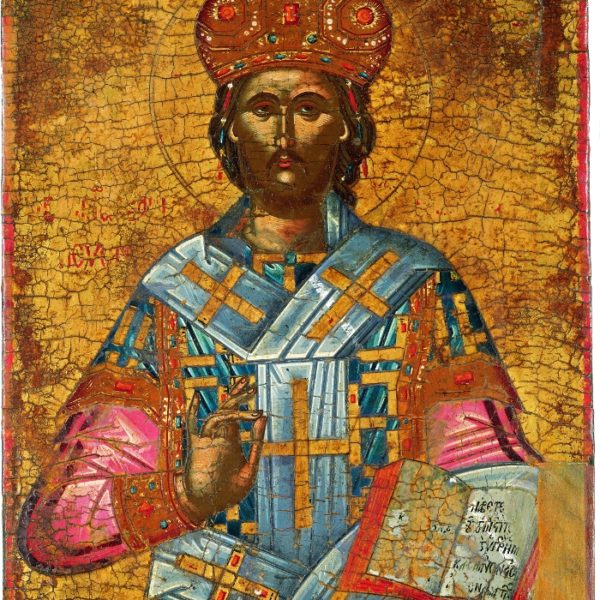
Psalm 8’s presentation of human dominion and politics as a creation of God has significant ramifications for our posture towards the various forms of human rule and authority. The juxtaposition of divinely appointed power and human weakness humbles arrogant ambition, encouraging a spirit of meekness and modest service in our politics.
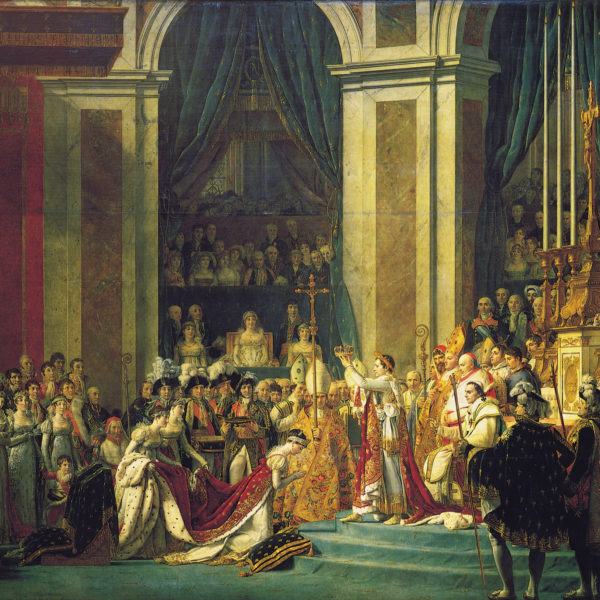
Spectacle has always played an important role in establishing power, authority, and sovereignty. In the unity of the dazzling body of the Transfiguration and the brutalized body of the crucifixion, the integrity of the spectacle and that which lies beneath is made known and our own polities’ lack of such integrity is challenged.
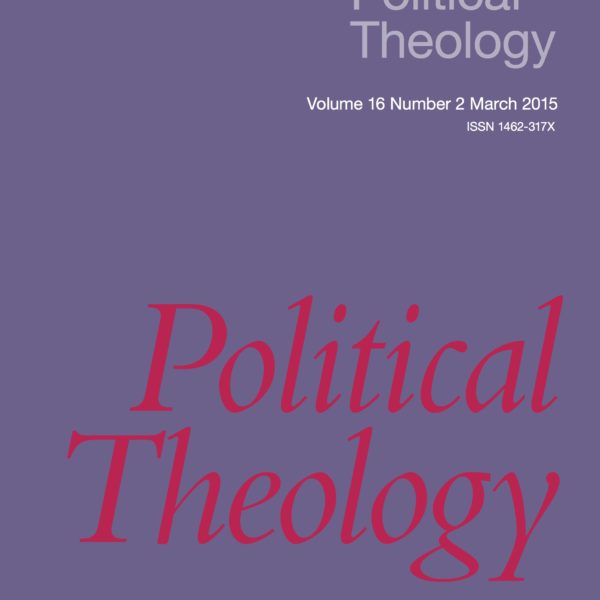
I would not shoe-horn the following contributions into the terms of the remarks posted yesterday, yet there is a familial space where kindred concerns find different expression with these authors. Christoph Schmidt focuses on Rene Girard’s defense of Christianity in encounter with Nietzsche in terms of Nietzsche’s antithesis between Christ and Dionysius. Girard identifies this as the antithesis of modernity as such.
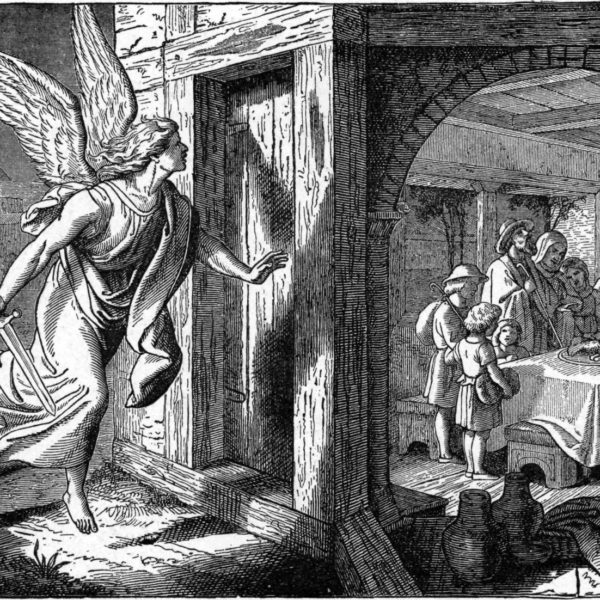
In the Passover we find a myth of the foundation of a nation that differs markedly from the contractarian myths of the Western liberal tradition. It disclosure of the sacrificial basis of the political order offers us a hermeneutical key for understanding the roots of our own nations and helps us to understand how we might be established as communities of faithful witness to them.
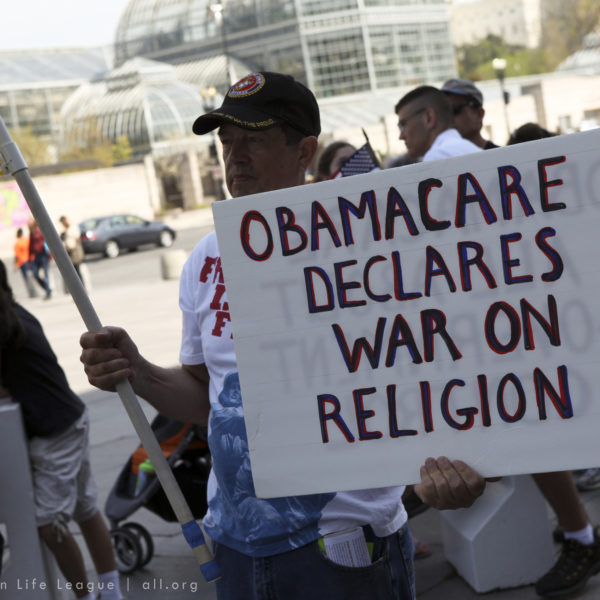
Religion is, of course, no stranger to politics in the United States, a fact that becomes all too clear in election season, as incumbents and their challengers hone their rhetoric to appeal to the theological sensibilities of their base. For better or worse, religion will no doubt continue to play a role in the run-up to the midterm elections. But in the wake of the Supreme’s Court’s decision in Burwell v. Hobby Lobby . . . we can, I think, expect to hear a lot about religious freedom.
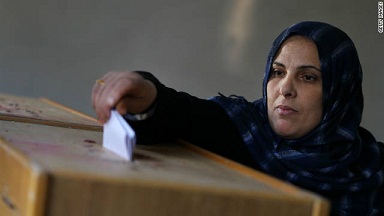
I want to argue here that the term “political Islam” is in many ways a misnomer, because the Islamism that is meant to instantiate it has been unable to appropriate politics as a way of dealing with antagonism either institutionally or even in the realm of thought. Looking in particular at the form Islamism took with one of its founding figures, the twentieth century writer, and founder of the Jamaat-e Islami in both India and Pakistan, Sayyid Abul a’la Maududi.
